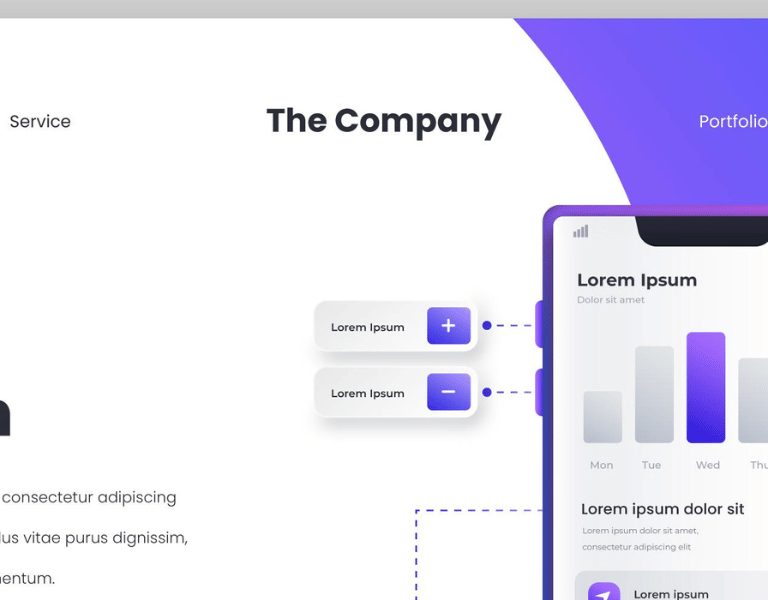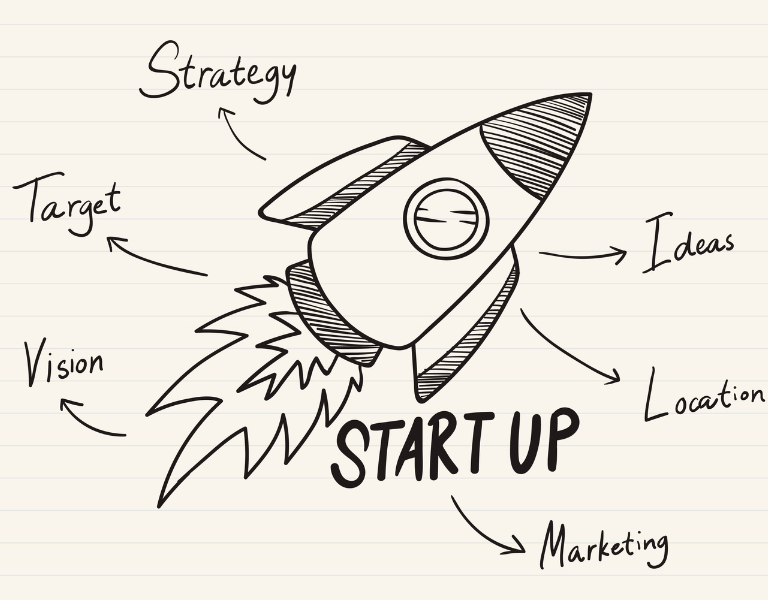In the continually evolving world of digital marketing, email is a steadfast medium that provides unprecedented direct engagement with your target audience. Strategic email marketing may be a game changer for small and medium-sized businesses (SMEs) with limited budgets. This blog delves into how small and medium-sized businesses can build meaningful relationships and drive sales with email marketing, even on a low budget.
Understanding the Power of Email Marketing
Email marketing provides a direct line of communication between firms and their intended audiences. Unlike social media platforms and search engine algorithms, which can alter unexpectedly, email is a consistent method for sending targeted content to subscribers. Furthermore, studies continually demonstrate that email marketing has a high return on investment (ROI), making it an affordable option for organizations trying to maximize their marketing resources.
Creating Compelling Content
At the heart of any effective email marketing campaign is captivating content. Whether it’s an instructive newsletter, a promotional offer, or a personalized note, the content of your emails should appeal to and benefit your target audience. To accomplish this, organizations must first understand their target market’s preferences, interests, and pain concerns. Businesses may increase the relevancy and engagement of their content by segmenting their email lists depending on demographics, purchasing habits, or engagement levels.
Building Relationships through Personalization
Personalization is critical to developing meaningful interactions with email subscribers. Businesses can provide a more personalized experience for users by greeting them by name, segmenting email lists based on user preferences, and dynamically customizing content to specific interests. Incorporating user-generated content, such as customer testimonials or product evaluations, adds authenticity and credibility to email advertisements, enhancing the relationship between businesses and their target audience.
Driving Sales through Strategic Campaigns
While creating relationships is important, the ultimate purpose of email marketing is to increase revenue. To accomplish this, firms must deliberately develop email campaigns that direct subscribers through the sales funnel. This could include providing customized promotions, unique discounts, or limited-time deals to encourage purchases. Additionally, incorporate engaging calls-to-action (CTAs) into your emails, driving subscribers to relevant product pages or enticing them with special offers. Implementing UTM parameters for tracking links allows you to directly credit sales to your email campaigns.
Measuring Success and Iteration
One benefit of email marketing is the opportunity to track and measure campaign results in real-time. Open rates, click-through rates, conversion rates, and unsubscribe rates are all useful metrics for determining how effective email marketing is. Businesses may enhance the ROI of their email marketing operations by examining these indicators and iterating on their methods as needed.
Conclusion
To summarize, email marketing remains a great tool for organizations trying to establish relationships and generate sales on a budget. Businesses may increase the impact of their email marketing efforts without spending too much money by creating interesting content, personalizing messages, and intelligently developing campaigns. Furthermore, by monitoring performance and iterating on their ideas, organizations can always improve their email marketing ROI, making it a useful asset in their marketing toolset.








